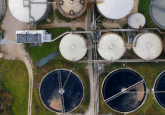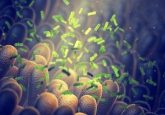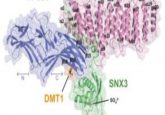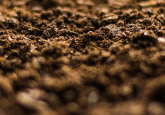Can we worm our way out of the plastic predicament?
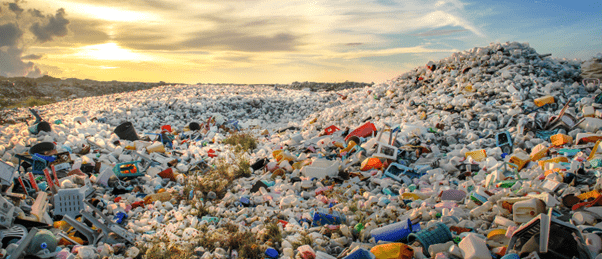
‘Superworms’ acting as mini plastic recycling plants could pave the way for a process scale-up to life-size recycling plants.
About 400 million tons of plastic waste is produced each year, globally. This poses a serious environmental problem that drastically impacts the health of our planet. Solutions are urgently needed to combat both the amount of plastic being produced and to tackle the millions of tons of plastic waste that currently exists.
A team of researchers from the University of Queensland (Australia) may have just the solution, which comes from an unexpected source: the Zophobas morio worm. They discovered that these so-called ‘superworms’ can chow down on polystyrene, thanks to a bacterial enzyme that exists in their gut.
By feeding three different groups of Zophobas morio worms different diets of polystyrene, bran or a fasting diet, the team had an interesting revelation.
“We found the superworms fed a diet of just polystyrene not only survived, but even had marginal weight gains,” senior author Chris Rinke explained. “This suggests the worms can derive energy from the polystyrene, most likely with the help of their gut microbes.”
 Newly discovered marine microbe contribute to carbon cycling
Newly discovered marine microbe contribute to carbon cycling
A single-cell marine microbe produces mucus to feed on its prey in a process that also sequesters carbon, and could be a secret weapon to combat climate change.
Then, leveraging metagenomics, the researchers discovered a number of different encoded enzymes for polystyrene and styrene degradation. They hope they can one day use these enzymes in a process that operates at recycling plant scale.
“Superworms are like mini recycling plants, shredding the polystyrene with their mouths and then feeding it to the bacteria in their gut,” Rinke expanded. “The breakdown products from this reaction can then be used by other microbes to create high-value compounds such as bioplastics.”
Before getting the wheels in motion to scale-up this process to recycling plant level, the team will grow the worm’s gut bacteria in a lab and further test its polystyrene degradation abilities. They’re incredibly excited by the possibilities of this discovery for biodegradation of plastic waste, and what this may mean for the future of our planet.

